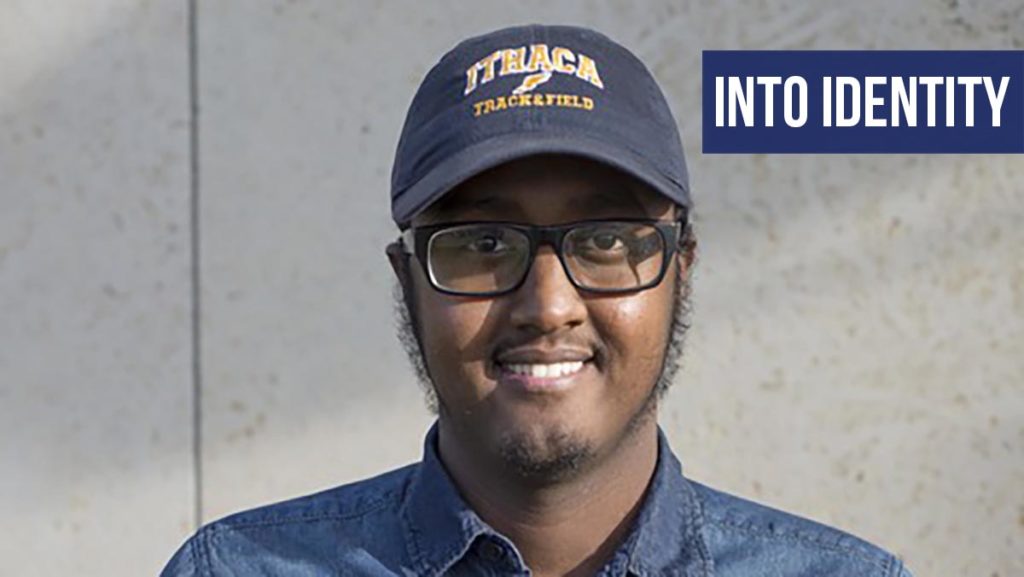Last week, Reed College — a small liberal arts school in Portland, Oregon — announced it will repair its mandatory Humanities 110 curriculum after students accused the course and its faculty of perpetuating “white supremacy” and “anti-black racism.” Why? The syllabus is largely made up of works by dead white males from the Greek and Roman Eras.
These protests began in the fall of 2016 and have been continuously led by a student organization called Reedies Against Racism. Protesters not only repeatedly disrupted classes but also harassed professors and students who weren’t fully on board with their demands. In a Washington Post article published last year, English professor Lucía Martínez Valdivia said protesters were so terrifying that she suffered “physical anxiety — lack of sleep, nausea, loss of appetite, inability to focus — in the weeks leading up to my lecture.”
Reed College isn’t an anomaly. In the past, students at other institutions have objected to studying the scholarship of white men, dead or alive.
Despite their unruly tactics, the central argument put forth by RAR is worth considering: The Humanities 110 curriculum at Reed, which focuses exclusively on the Western canon, constructs a Eurocentric worldview, conveniently leaving out the perspective of indigenous and non-Western voices.
I am not a fan of this academic trait of relentlessly scrutinizing literature solely for instances of racism, sexism, homophobia, classism, ableism or whatever word of the day. Is it possible to engage the enormous complexities of the past without always reducing it to these categories? Is it possible to engage a piece of work that doesn’t reflect your social markers? Can you happily embrace philosophers and theorists that view your humanity as essentially worthless and deserving of destruction?
My answer: absolutely. Which is why I find these kinds of protests deeply misguided.
Furthermore, the depiction of the Greco-Roman and Judeo-Christian canon as purely white is, in fact, a white supremacist concept itself. For this reason, one wonders: what the hell are these narcissistic students harping about then? Should university officials even entertain their dramatic oppression fantasies?
Of course, students have every right to dissent against reading lists and syllabi that privilege Western perspectives. But I can’t help but be troubled by activism that claims to be speaking on behalf of people of color, but in fact, comes off as paternalistic and wrongheaded.






